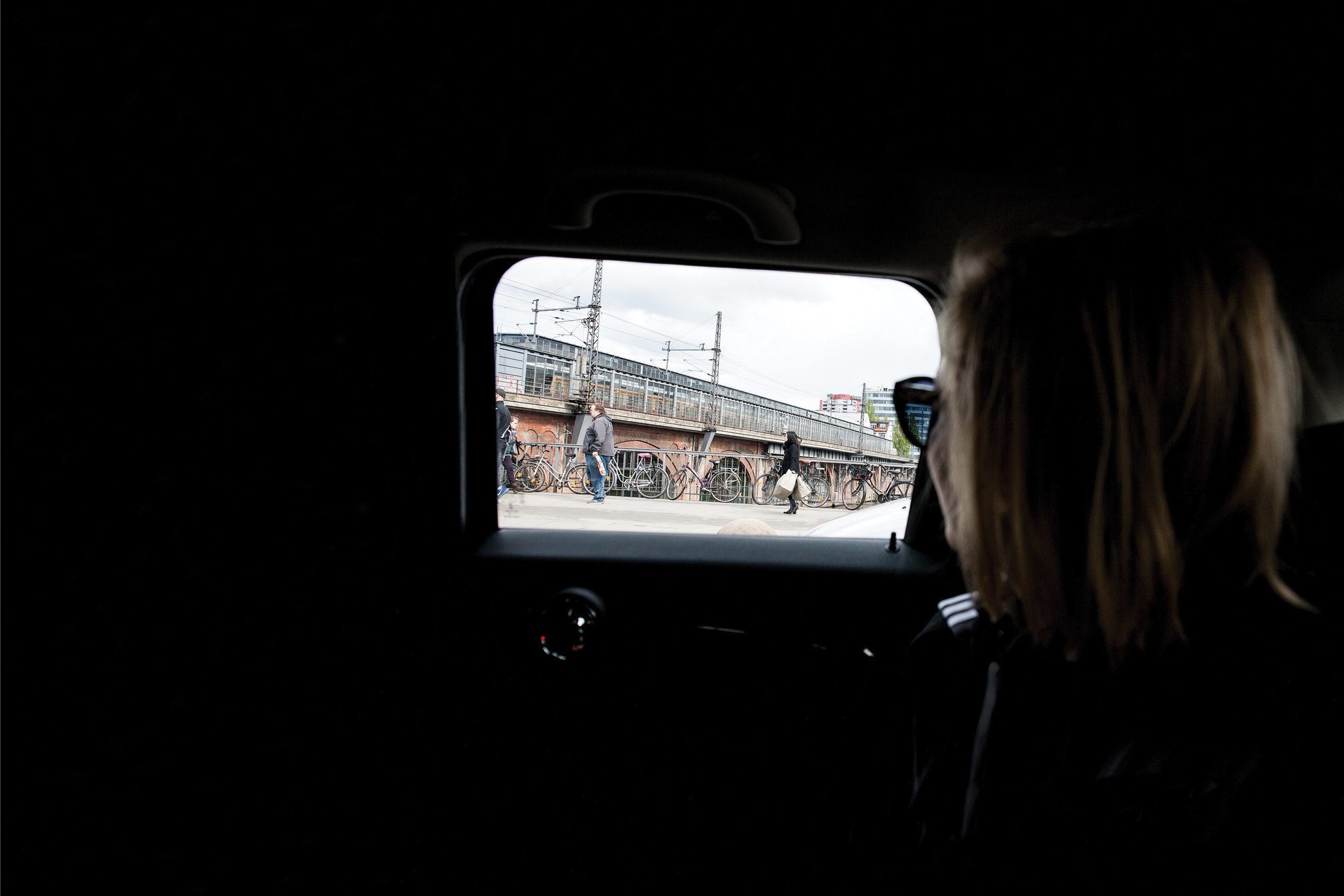 Features
Features
Ellen Allien takes us on a tour of Berlin to show us why "it's the best city in the world"
The German capital is the BPitch boss's muse
The days following the fall of Berlin’s detested Wall on November 9 1989 were, as one might expect, fairly chaotic. The suddenness of the event – the structure was ostensibly brought down overnight by an administrative error – lent the subsequent days an uncertain and surreal atmosphere as thousands of denim-clad East Germans took the opportunity to cross the border without the risk of being shot at, and then wandered the streets tentatively, half-expecting to be arrested and packed off back to the GDR.Happily, that didn’t occur. Many were befriended and even taken in by their Western compatriots, who were just as curious about the East, hated the Wall just as much, and also took the opportunity to explore the unseen other half of the city.
Among the West Berliners was a teenage Ellen Allien. “I was asleep when the Wall came down. My friend woke me up and I started to cry with happiness. The Wall had made me feel like I was in a prison, surrounded by a concrete wall but also all the military energy. For the next few days I took my bike and walked and cycled through the East with friends. It felt like a big adventure, and I finally felt free to start the life I wanted to, to build up all my ideas. Because the city was so much full of pain from the war, I felt I needed to do something that made us happy, to help create a lifestyle that could find a place in society.”
It’s one of the history’s extraordinary coincidences that the Wall fell around the same time that dance music and ecstasy were kicking off, and the scene’s emerging ‘P.L.U.R.’ vibe (especially the Unity part) resonated with extra force in Berlin, for obvious reasons.
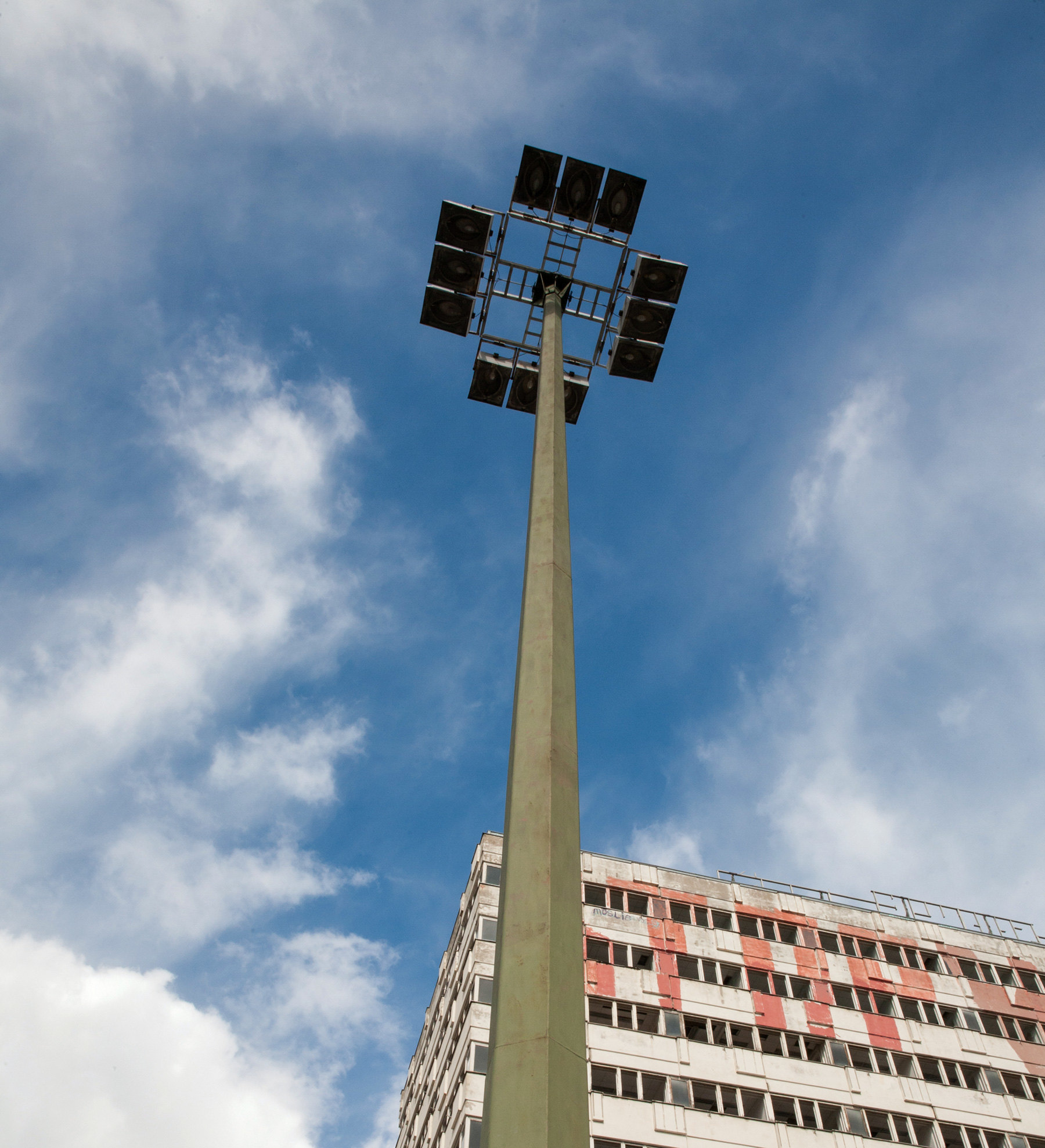
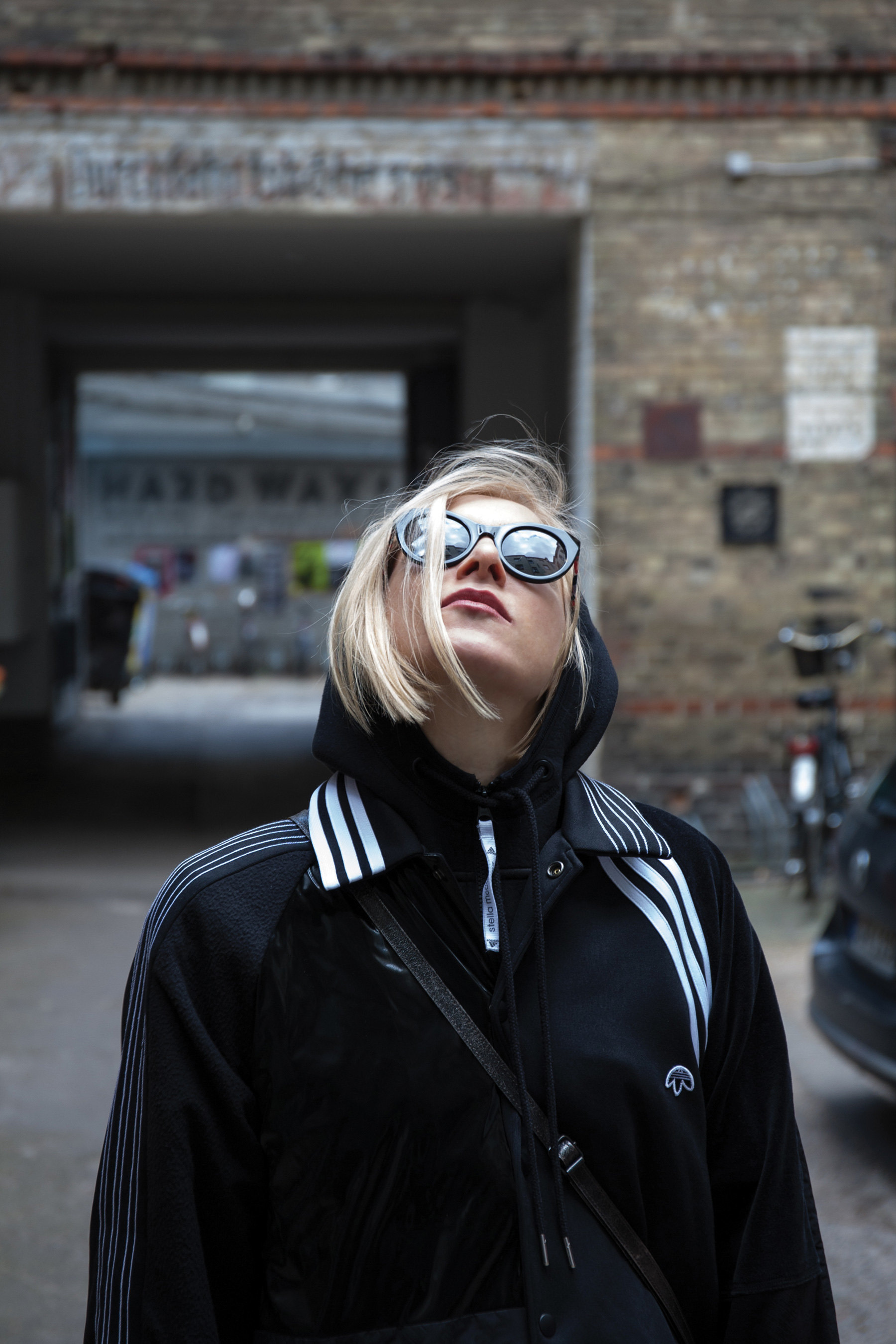
Ellen had stumbled into the city’s nascent scene a couple of years before the fall of the Wall, by hustling a job at a Schöneberg bar called Fischlabor that was run by Dimitri Hagemann, one of the scene’s pioneers and future founder of Tresor. “I didn’t know that Fischlabor would be the bar of the future,” she laughs, tucking heartily into a lamb kebab at a friendly Turkish spot in Kreuzberg. “It was just around the corner from me and I needed money. They kept saying ‘no’ when I asked, but eventually they took me on and soon afterwards it became a meeting point for the new generation of DJs. We would have one night of jazz, one house, one techno... the DJs played in a cute little booth, smoking joints and drinking beer. The bar even had its own label [Interfish] and sold their own beer, called Space. Then Dmitri opened UFO club a few metres from my house, and then came Tresor, which is where it really all started for me.”
Kreuzberg is the embodiment of how the two halves of Berlin have been stitched together again so expertly that the seams can hardly be seen. The facades and courtyards of former Eastern districts like Mitte, Prenzlauer Berg and Friedrichshain – once pockmarked with war scars and dilapidated – now sport stucco facades and are among the priciest in the city to rent or buy. And the girl who grew up in the shadow of the Wall is now a world-famous, globetrotting
DJ and producer with residencies at DC10 in Ibiza and Nitsa in Barcelona, several albums and a slew of singles and remixes under her belt, and her own legendary record label (BPitch) and fashion line.
Not that you would necessarily guess at this lofty status from Ellen’s unpretentious appearance. Dressed in an all-black combo of leggings, Adidas hoodie and vintage shades, she comes off less as a techno diva and more as a friendly, high-spirited Berliner who encapsulates the city’s world-weary snark (the so-called Berliner Schnauze) as well as its upbeat contemporary cosmopolitanism. “Let’s go over to Tresor,” she claps – and we’re off.
The club occupies a former power plant (Kraftwerk Berlin, where Dimitri Hegemann’s resurrected Atonal festival is also held) on Köpenicker Strasse, but from 1991–2005 it audaciously took over the former bank vaults of a department store close to Potsdamer Platz. As we wander the labyrinthine interior, snapping photos here and there, we wind up at the Globus room, the namesake of the original where Ellen used to play back to back with Tanith every Sunday for Club The Rest. Last year they played together again to celebrate 25 years of the club.
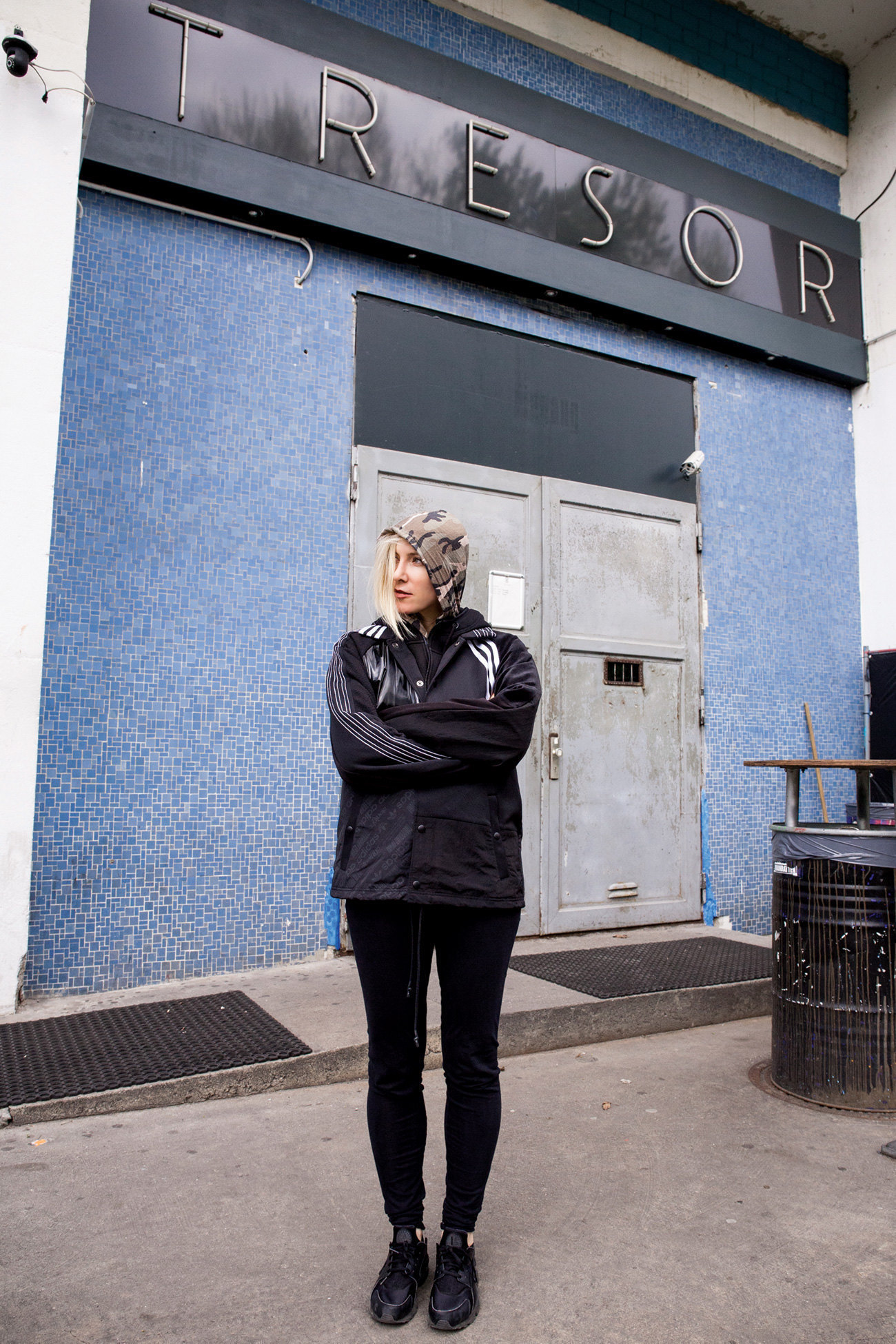
“The people at Tresor were my teachers,” she says as we walk through dimly lit corridors and up and down industrial staircases. “But I was also playing clubs that have now gone, like Maria am Ostbahnhof, which was close to here, Ostgut, the forerunner of Berghain, and a club called Casino, where all the East Berlin kids went. There was this chaotic and radical feeling back then, evenin the way people dressed. It was also a great way of meeting new people and starting something new.”
After Tresor, we go record shopping: first at Space Hall, an impressively spacious store with a killer selection of old and new techno (among other genres), where Ellen quickly snaps up some tunes and chats with the owner about hosting one of her vinyl-only Vinylism parties in the back yard; and then the legendary Hard Wax, where we run into Berlin resident Matt ‘Radio Slave’ Edwards and his family – cue lots of excited hugs – and Ellen browses more racks.
Unlike many original Berliners and longer-term expats, famed for grumping about the influx of non-German-speaking arrivistes and their penchant for artisanal coffee and driving up rents, Ellen is upbeat about the city’s burgeoning internationalism. “It’s changed here so much, but to be honest it’s so much better than it was back in the day. Back then it was always the same people, and it got boring. Techno actually died here for a while. It wasn’t cool after Love Parade made it mainstream, and it was the tourists who made it interesting again. They made the scene strong again, and they continue to do so by setting up their labels and clubs here and contributing to the party spirit.”
Curiously enough, one of the things that hasn’t really changed in Berlin despite the intervening 30 years of progressive urban music styles and proliferation of smaller clubs and bars, is house and techno still ruling the roost. It’s certainly possible to listen to dubstep, grime, drum ’n’ bass and hip hop in various places around the city, but the main clubs – Tresor, Watergate, Weekend, Kater Blau, Villa Renate, Sisiphos, Ipse – are still committed to a four-to-the-floor aesthetic.
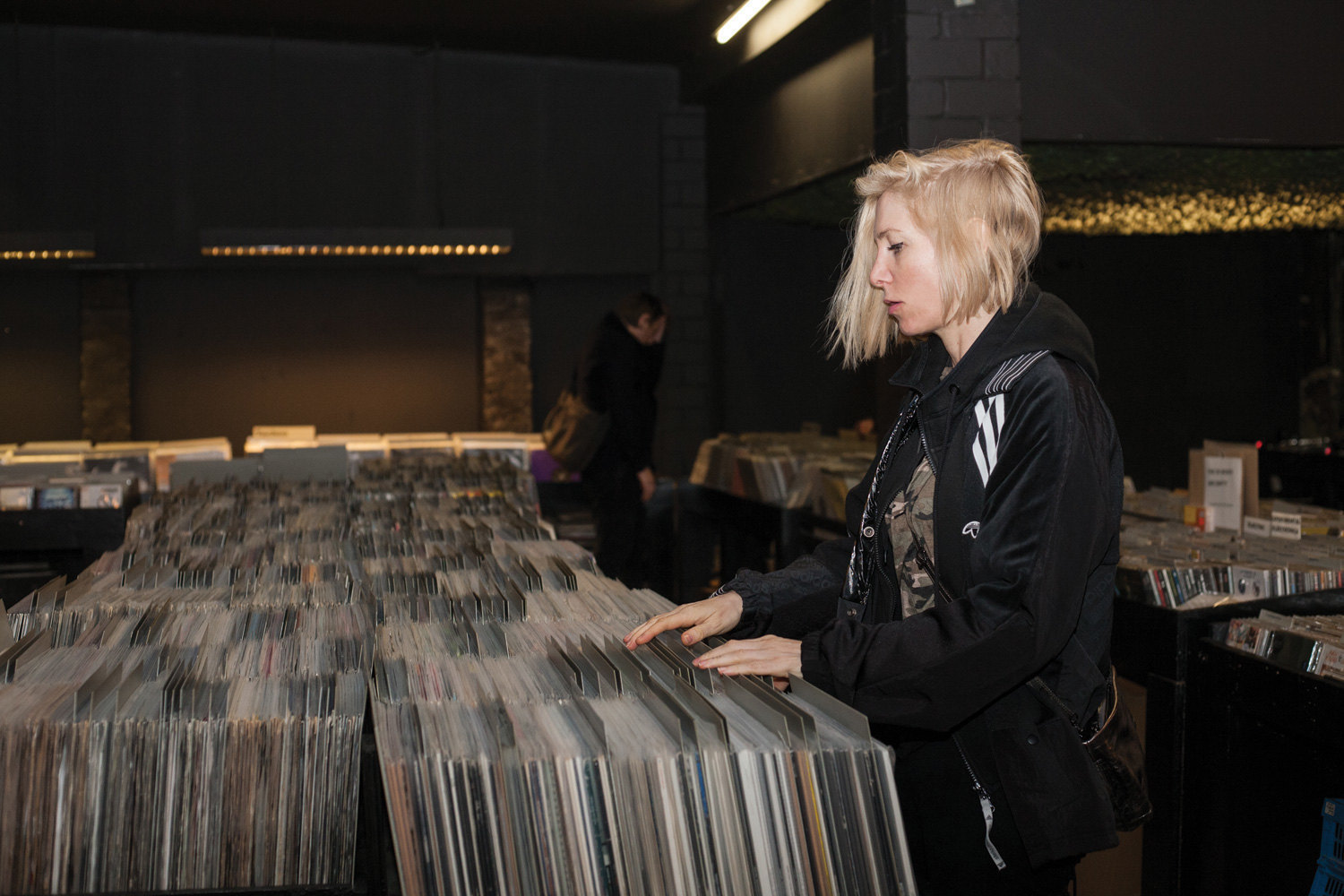
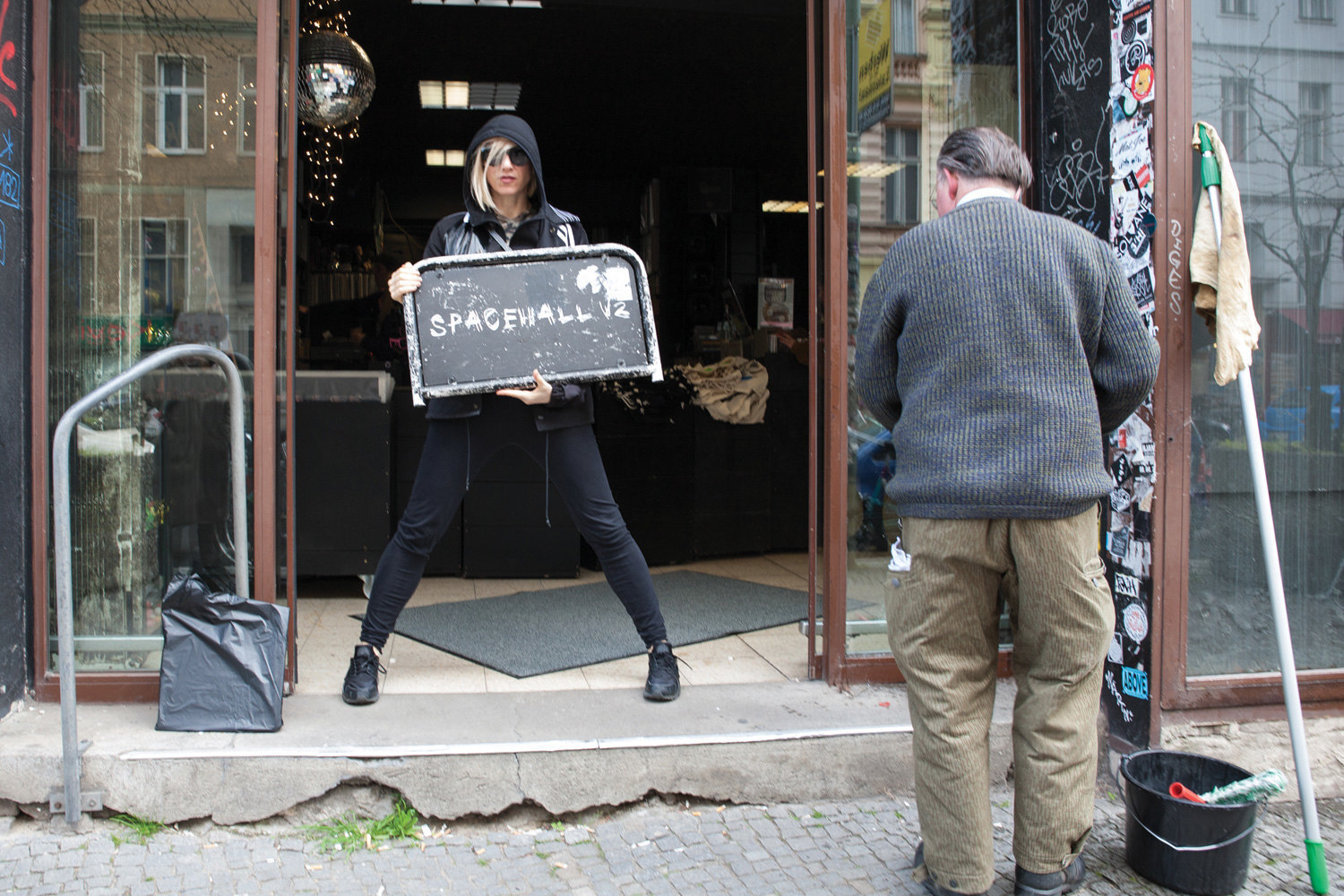
As is Ellen’s latest record, ‘Nost’ (an abbreviation of nostalgia), a collection of unmitigated club bangers that’s a far cry from her last album (2013’s experimental ‘LISm’, produced for Paris’ Pompidou Centre) – or in fact much of her long-player output in the last decade, including 2006’s celebrated ‘Orchestra of Bubbles’ with Apparat, which has been fairly outré compared to her first Berlin-themed albums (‘Stadtkind’ and ‘Berlinette’). In fact, ‘Nost’ is her most straight-up techno record to date.
“The new album is really inspired by my love of old-skool records,” explains Ellen as we drive past the gritty communist architecture of Alexanderplatz. “When I DJ I try and play older tracks from the 90s, and they always make me sweaty and give me goosebumps – and the crowd usually react really well, too. And for some reason, for the last two years I have listened to club music pretty much non-stop, even at home, in the shower, in the kitchen, everywhere. It also made sense as a way to celebrate the fact I have stayed in this scene, and in this craft for so long now, and have grown with it. When I started I was very nervous and shy, and now I am more confident as well as more responsible. It’s a beautiful feeling for me.”
The record was created in conjunction with local master producer Hannes Bieger (Tiefschwarz, Steve Bug, Andrea Oliva) during the six months she spends in Berlin nowadays (the other six are spent in Ibiza). The record has a big, confident sound hewed from the classic analogue synths (Arp, Moog, Juno, and of course the Roland TB-303) that Ellen collects and loves to play around with, although it remains tellingly minimal, too. It certainly sounds much more Berlin than Ibiza.
“I just can’t be creative in Ibiza,” she reveals. “The clubs there are so great, DC10 especially. I meet all these interesting people like fashion designers, painters, freaks that moved there and I like having that connection to nature... but I just can’t get the muse there. That happens in Berlin. And, yes you can hear the city in the music. To me, the album sounds like a walk through the city at night, when everything is grey but the street lights are yellow. I love these moments because it feels like there is so much space and peace, like you’ve been freed from normal life. In many ways my home
city is one of the best in the world.”
Ellen Allien’s ‘Nost’ album is out now on BPitch Control
This feature is taken from the July 2017 issue of Mixmag


